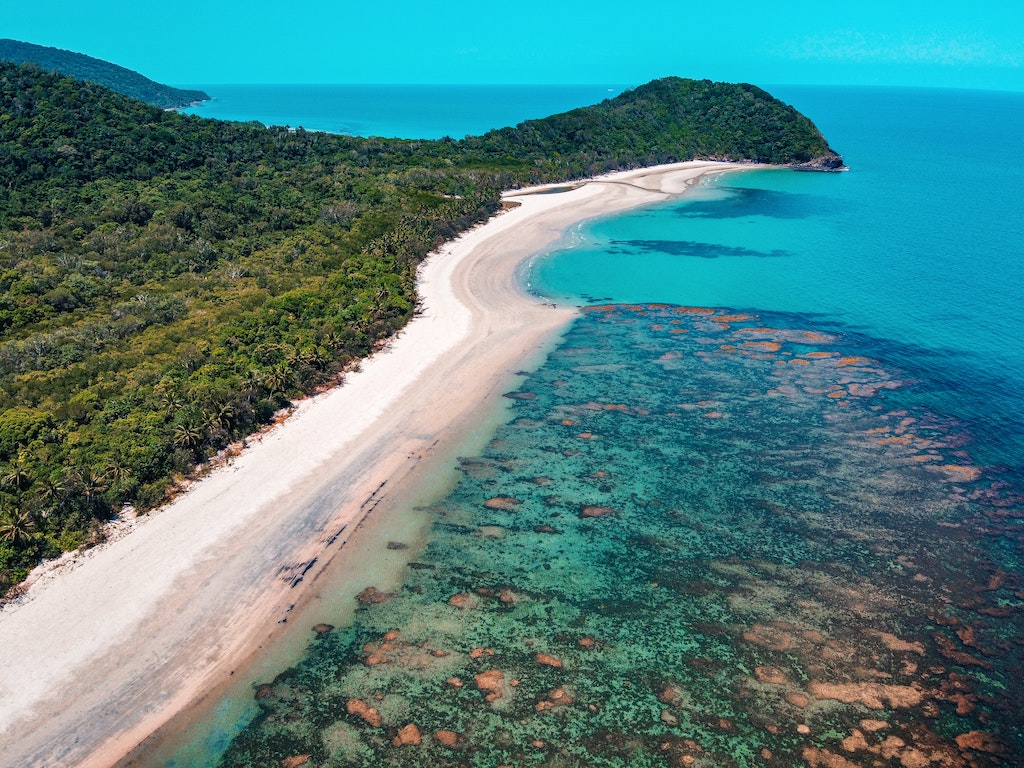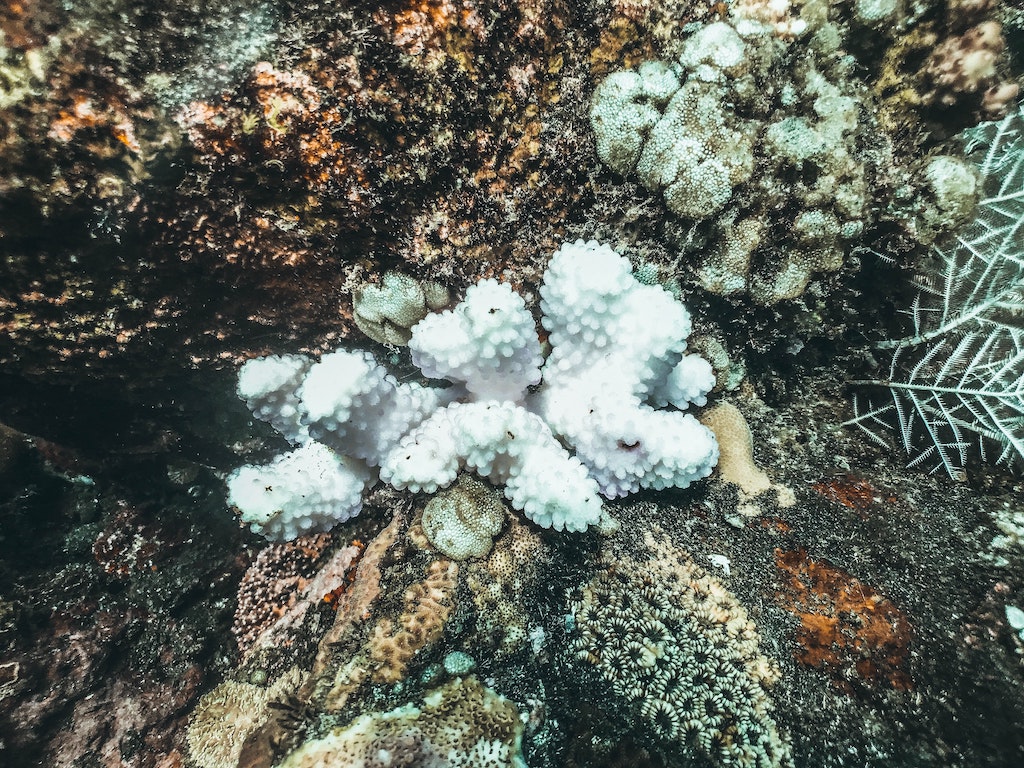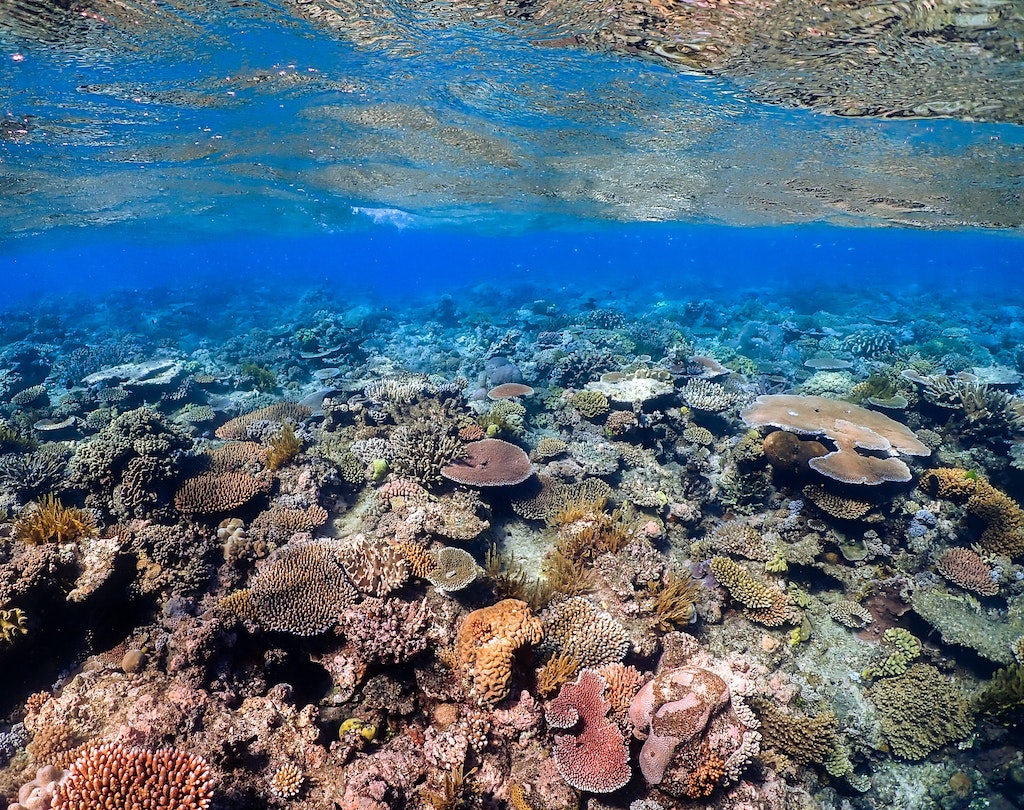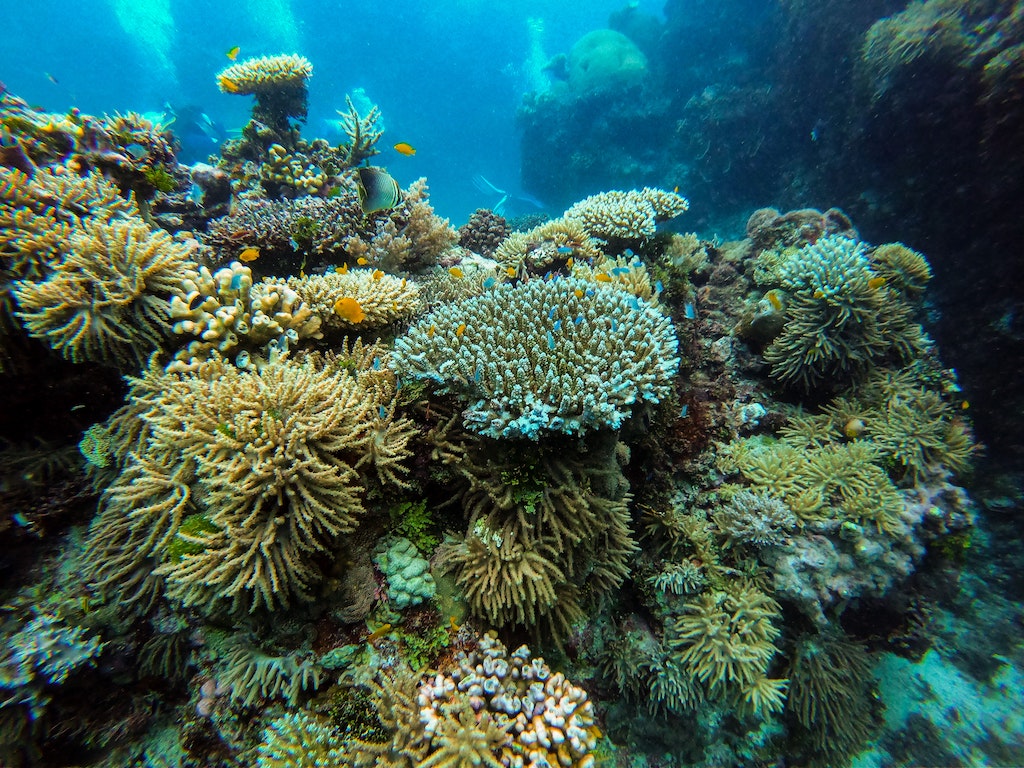4 Mins Read
UNESCO has decided to keep Australia’s Great Barrier Reef off the “in danger” list, despite environmentalists and scientists urging otherwise. The decision came after what Greenpeace described as “one of the most cynical lobbying efforts” by Australia to prevent the world heritage site from being downgraded.
Last month, a United Nations panel agreed to defer a vote on whether the Great Barrier Reef should be added to the “in danger” list, effectively keeping the site off until at least 2022. A recommendation was made in June by the UNESCO committee that the Great Barrier Reef should be classified as “in danger”, which would have triggered greater calls and demands to conserve the region.

Deterioration of the Great Barrier Reef
The reef, which spans a size similar to Japan, is home to more than 1,600 species of fish and more than 600 types of coral. It is the world’s largest coral reef ecosystem.
Over the years, the reef has suffered from mass coral bleaching caused by rising sea temperatures due to climate change. Scientists have repeatedly pressed for action to be taken to protect the site, with U.N. experts also warning that the long-term outlook for the future of the reef was “very poor”.
In 2020, a study conducted by a team of Queensland scientists found that more than 50% of the reef’s corals have been lost since 1995. In just the past five years, it has gone through three mass bleaching events, causing a major decline in the coral population.

Australia’s lobbying efforts
But the pro-fossil fuel Australian government has lobbied extensively to prevent the site from being downgraded to being “in danger”, which could prevent billions of tourism dollars from entering as the country looks to the post-pandemic era.
During the panel hearing before the decision was made, Australia environment minister Sussan Ley insisted that “without a site visit, no desired state of conservation, no corrective measure, and the absence of an agreed climate policy, an immediate endangered-listing will only harm the reef, not protect it.”
Ley has visited over a dozen countries over the past weeks to garner support and lobby against UNESCO’s endangered label, with ambassadors from countries like Russia invited to swim and visit the reef to see for themselves its condition. Russia, Hungary, Saudi Arabia and Spain were among some of the states voting against the “in danger’ label”.
Related: Can these marine tech startups help save our oceans?
‘Victory for one of the most cynical lobbying efforts’
Green groups have quickly criticised the decision not to downgrade the world heritage site, given the rapid deterioration of the reef in recent years.

David Ritter, CEO of Greenpeace Australia, described the decision as a “victory for one of the most cynical lobbying efforts in recent history”.
“Climate change is the number one threat to the Great Barrier Reef,” Ritter continued. “The Australian government has no credible plan for cutting emissions, no climate target and continues to promote and subsidise the mining and burning of coal, oil and gas.”
Australia’s reliance on coal makes it one of the biggest GHG emitters per capita in the world. Despite other countries pledging to go net-zero, Australia has set no firm timeline to go carbon neutral and has instead kept with its pledge to cut just 26%-28% of its emissions below 2005 levels, by 2030.
Lesley Huges, biology professor at Macquarie University in Sydney, told Time that “many of us were hoping for that decision to be made to draw even more international attention, both to the plight of the reef and to the Australian government’s failure to have decent climate policy.”
Lead image courtesy of Unsplash.




